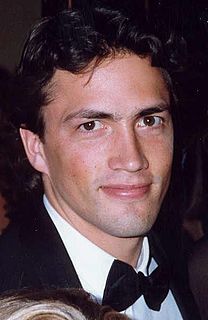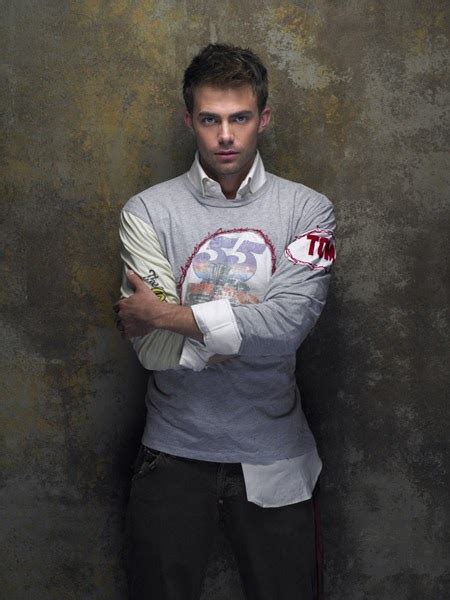A Quote by Chris Cornell
I've always had a really difficult time with loss.
Related Quotes
The idea of being given things that you don't necessarily deserve was always a difficult one for me to negotiate, and so I really always felt that I had to prove myself. Being the daughter of a famous man I guess is more easy than being the daughter of a famous woman, but at the same time there was a sense of really, with me, of wanting to earn my own way.
AMD's history is we've always had great technology. We've had periods of time where we've done really, really well, and we've had periods of time where we've done not so well. But most of the time we've done well, it's because we've had a leadership product or some technology where we were out in front before anybody else.
Sometimes people say to me, 'Well, what was the difference between Kosovo, which was a successful intervention, and Iraq and Afghanistan that have been so difficult?' And the answer is perfectly simple. In Kosovo, you have, after the removal of the loss of its regime, you had a process of political and economic reconstruction that took its part without the intervention of terrorism. If you had the intervention of terrorism, by the way, it would have been extremely difficult there - but we didn't.




































